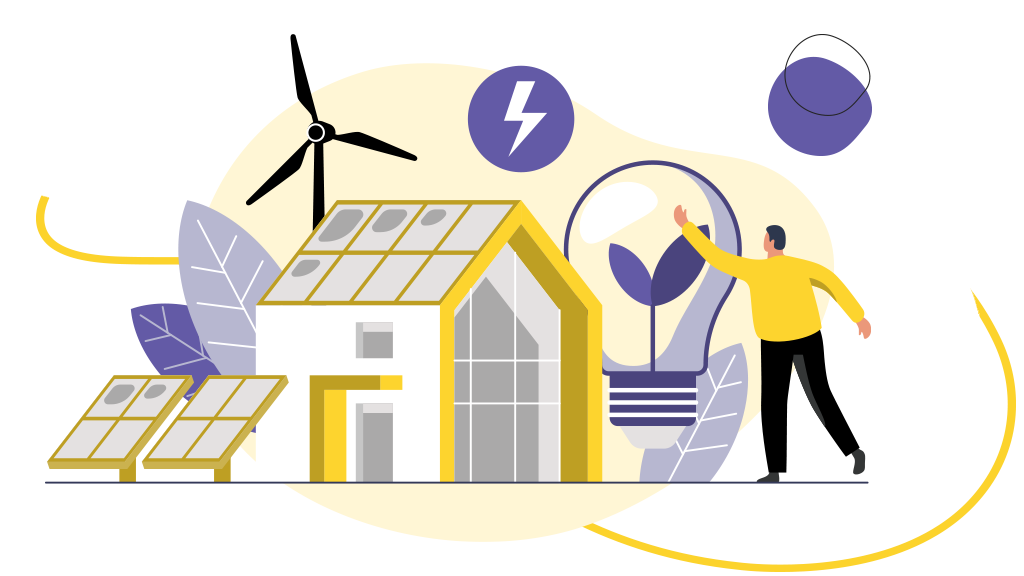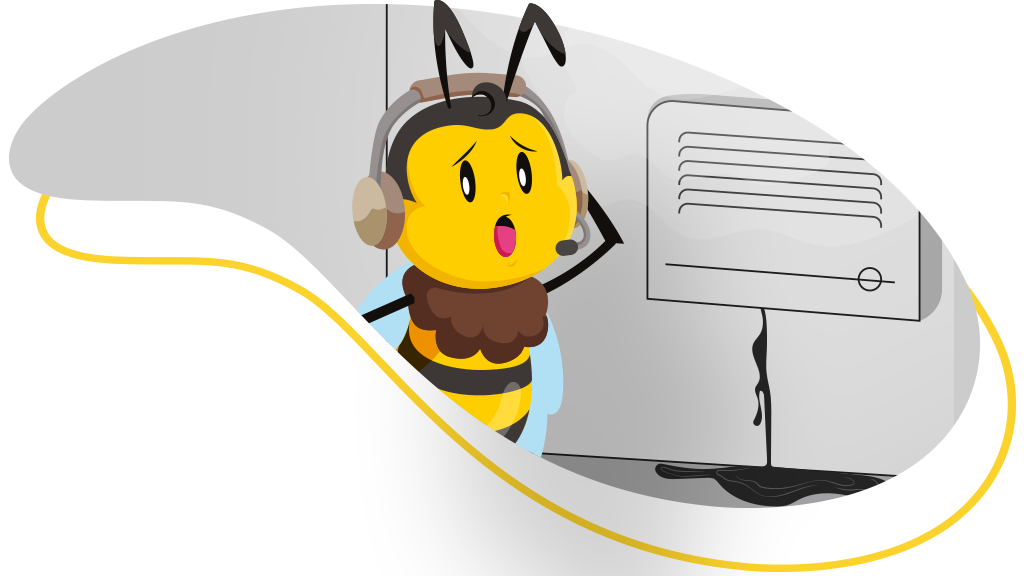Learn More
x




If you’ve ever gotten a quote or taken out home insurance, you’ve probably heard of Actual Cash Value. This option is part of your Homeowners Insurance and your Personal Property coverage.
Homeowners Insurance policies are similar in many ways, whether it’s for homeowners, renters or condo owners. This type of insurance has a few variations and there is always an option that suits your situation.
Home Insurance policies usually come with the following coverage:
Personal Property Coverage is an essential part of your home insurance. It financially protects your belongings inside your home and– even better– outside your home too.
For both your personal possessions and the structure of your home, you have two options for getting compensation in the event something terrible happens. The options are:
Actual Cash Value is calculated by the value of the cost of replacement minus the depreciation of your damaged (or stolen) property at the time of the claim. The insurer will reimburse the value of the items at the time of damage, after consideration of devaluation by time and by use.
One way to think of it is the amount refunded in this type of Personal Property is the amount you would sell that property for, not the amount you would pay to buy a new one.
Actual Cash Value is not the same as market value. Often, the market value of your home is much higher than the home’s actual cash value because it doesn’t account for depreciation.
You might be wondering if this coverage is really worth it. The best answer is: it depends. Actual Cash Value (ACV) can be a good option in specific cases, as the value of your premium ends up being well below the replacement cost coverage.
By understanding how the calculation works, you can identify the best choice in your case.
Let’s say you insure your home on ACV and pay your fees accordingly and on time for years. One fine day, a wind blows through the roof, which is now 12 years old, and the repairs cost $15,000.
Your insurance company will not be responsible for paying all damages. It will only pay the value of your roof at the time of the disaster. The calculation used to find the years of use remaining on your roof and its depreciated value is typically as follows:
R × (E – C) / E = ACV
R = cost to replace the item
E = the item’s life expectancy
C = the current item’s life
ACV = real cash value
So, if your roof has an expected lifespan of 15 years, the actual cash value comes to:
$ 15,000 x (15-12) / 15 = $ 3,000
The remaining amount for the repair would come out of your pocket, which means that what you saved in years of low premiums may be needed at this point.
If you opted for Replacement Cost Coverage, only your deductible will be subtracted from your payment.
Replacement Cost Coverage is often applied to the physical structure of your home. This can give you more security in terms of ensuring that you will continue to have a place to live after a catastrophic event.
However, standard home insurance policies often include Actual Cash Value for your personal possessions, as these can depreciate quickly. However, this will hardly be worth it. Have you ever thought about how much you would receive in current value if your cell phone purchased 2 years ago is stolen? Is it possible to buy a new one, of the same style, with the value of the old one? If you sell a 2 year old phone, does the amount you receive for it buy a brand new cell phone?
For some people, insuring property for real cash value can make sense.
For example, you can opt for this if:
Actual Cash Value coverage is usually cheaper, so this option can help you save money now, while keeping in mind that there is a potential cost to you later.
Not sure which option is best for you? BRZ agents are at the ready to help you make the best decision within your budget. Reach out to BRZ for guidance in finding the right coverage for your home.
Learn More

One of the best ways to reduce your monthly bills is to invest in renewable energy. This can often be done with systems you can build yourself.

Coverage for damages from a heating oil spill is not included in a Homeowners Insurance policy. In this article, we list everything you need to know about heating oil spills in your home and how to protect yourself from damages.
Learn all about Homeowners Insurance and how it can protect your dream home and your family in Uncle Sam's land.

We are an insurance company made by people for people. A community that speaks tyour language, with people who care about your future! Here you can find all the protection and care that a home offers. Come and join us!
Get a Quote

Need help? Chat with BRZ!
x